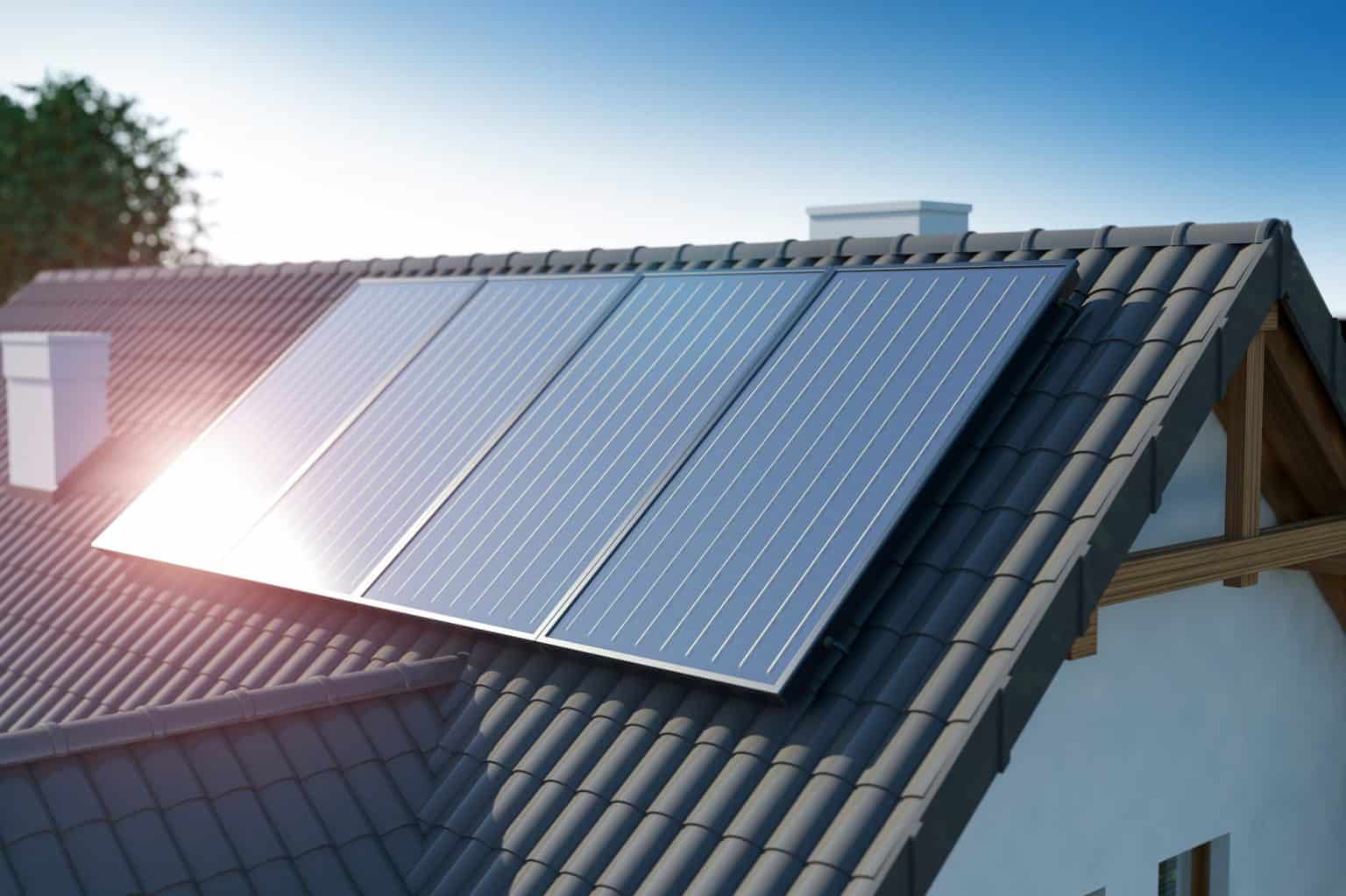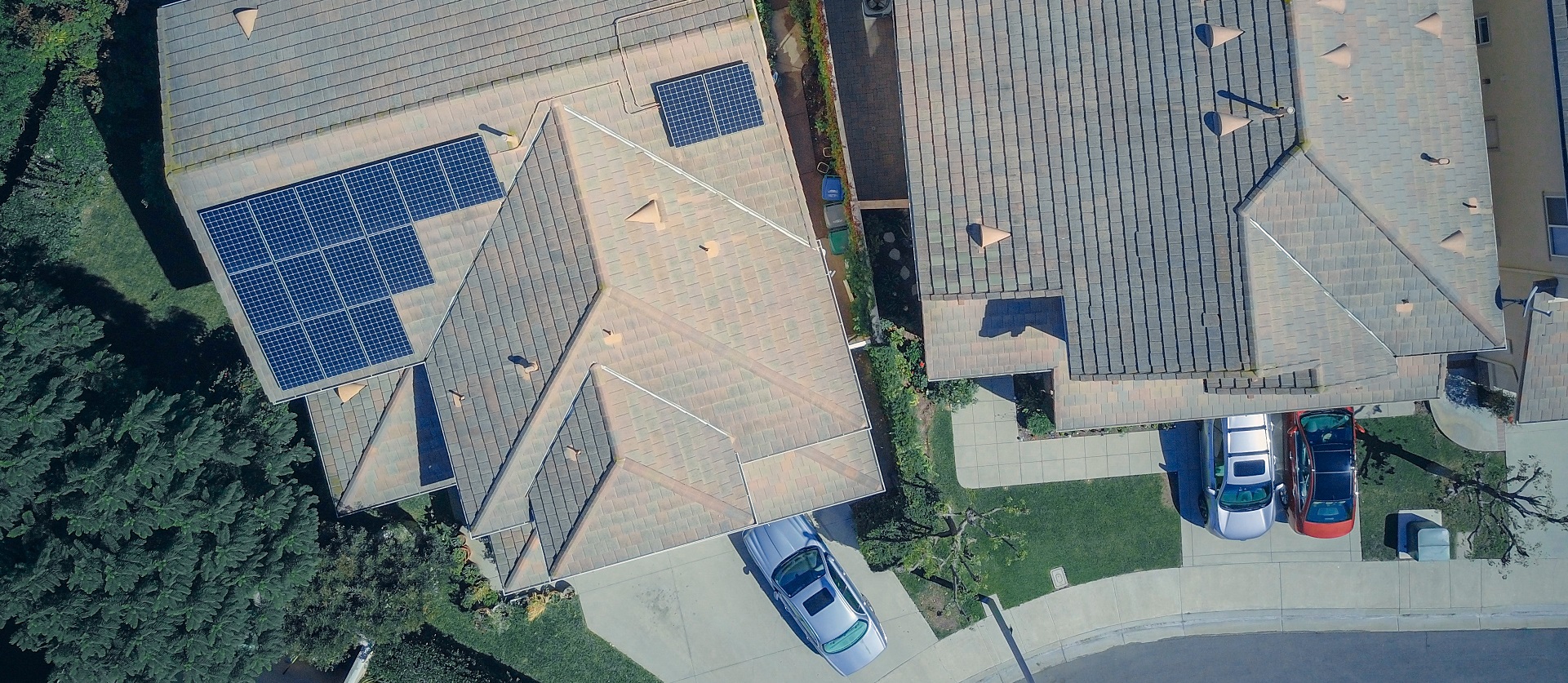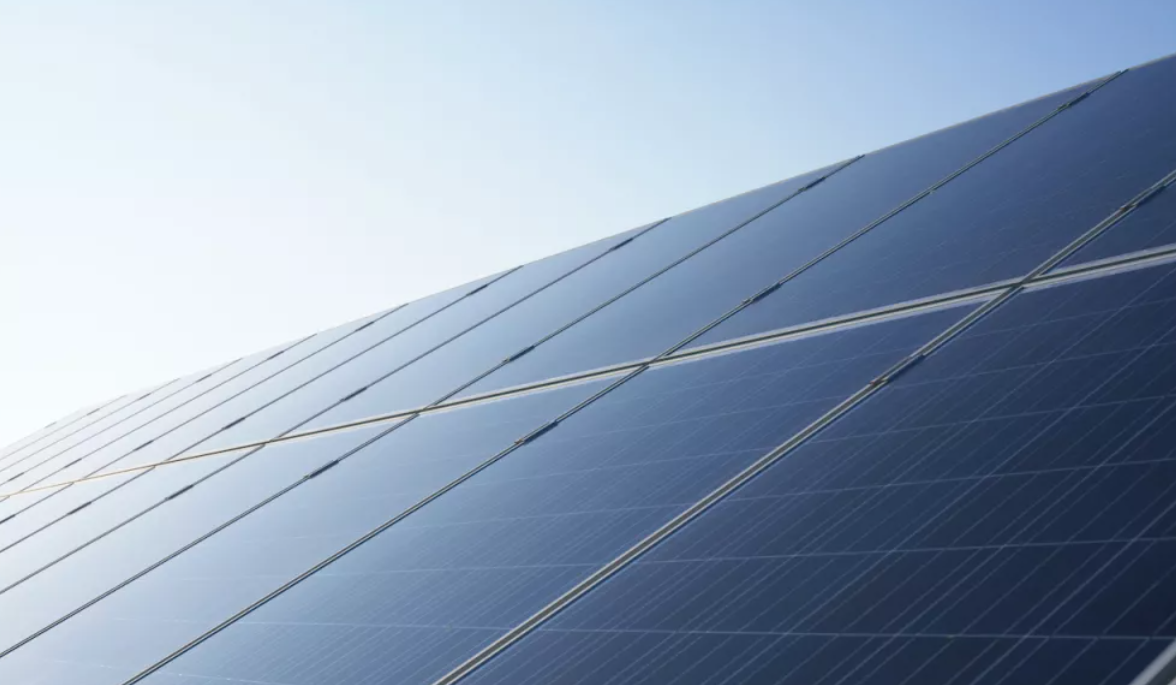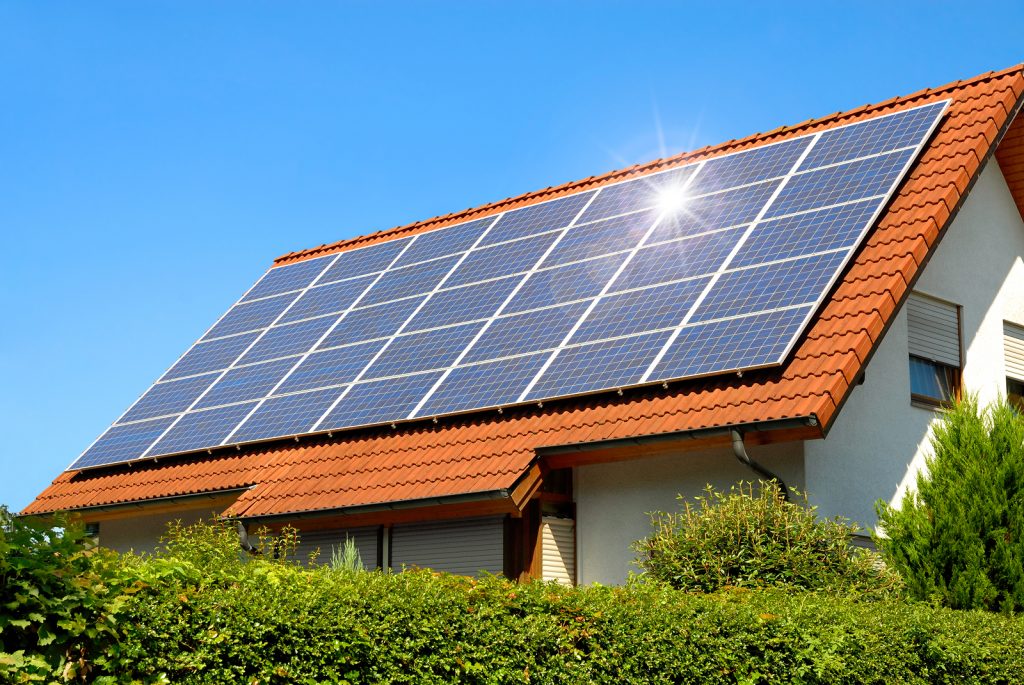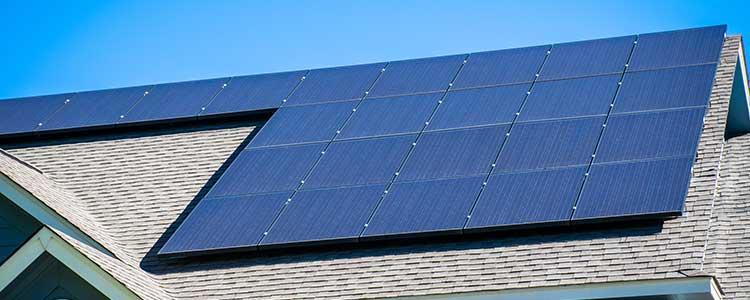What You Need To Know About The Federal Solar Tax Credit
September 7, 2022
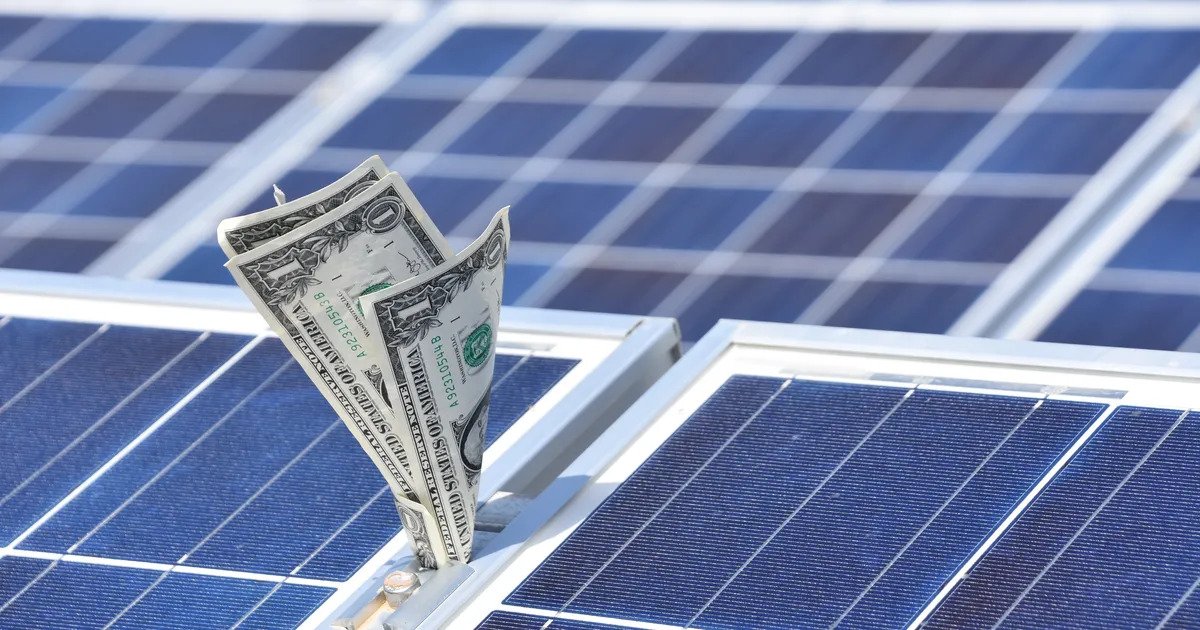
Lowered energy expenses, increased property value, and security from power outages are just a few of the compelling arguments for going solar. However, did you know that putting in solar can also make you eligible for a tax credit?
Continue reading to find out more about how tax incentives complement solar power installations.
How the solar tax credit works
You are qualified for the solar investment tax credit if you own your solar energy system. For as long as the tax credit is in place, you can “roll over” any residual credits into future years even if you don’t have enough tax liabilities to use the entire benefit in one year (so, through 2034 for residential systems as it stands today). However, keep in mind that you cannot claim the tax credit if you enter into a lease or power purchase agreement (PPA) with a solar contractor because you are not the system’s owner.
Finally, it’s crucial to remember that the ITC program has no income restrictions, so that taxpayers in all income groups may qualify.
What is the federal tax credit for solar energy?
A percentage of the cost of your solar power system may be deducted from your federal income taxes under the federal solar tax credit. A law passed by Congress in December 2020 allows you to receive credit for up to 30% of the cost of installing a solar system on your home. Depending on when you installed the equipment, you may be entitled to claim different amounts:
- 30% for equipment placed in service between 2017 and 2019
- 26% for equipment placed in service between 2020 and 2022
- 22% for equipment placed in service in 2023
Also Read: How Much Power Can a Solar Panel Generate?
How do I qualify for the tax credit?
Are you unsure if you qualify for a tax credit? The prerequisites are as follows:
- Between January 1, 2006, and December 31, 2023, you installed your system.
- It is situated at your main or secondary residence inside the US.
- The solar energy system is yours (either purchased by cash or by financing, not leased).
- A house, houseboat, mobile home, cooperative apartment, condominium, or manufactured home that complies with Federal Manufactured Home Construction and Safety Standards is among the property types on which the system is placed.
Many states additionally provide tax advantages for owners of solar power systems in addition to this federal tax credit! The set of laws in each state varies.
Learn how a solar power system can help you, your house, and your taxes by speaking with one of our helpful solar specialists. Call us right away!
Make the Solar Energy Switch Today!
Related Articles:

